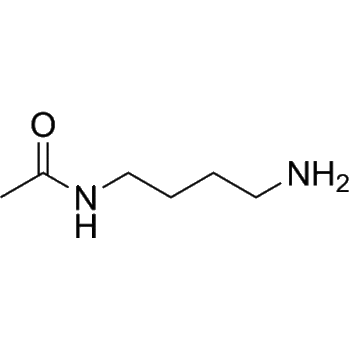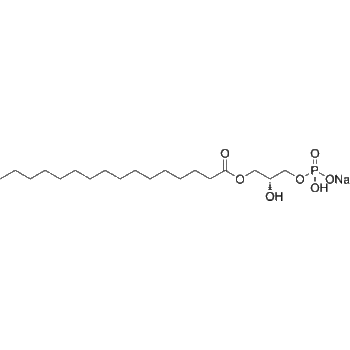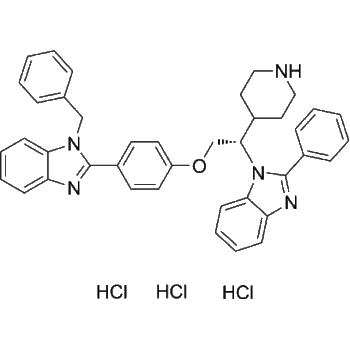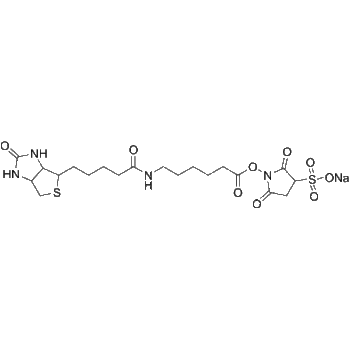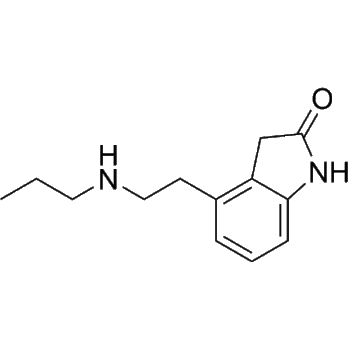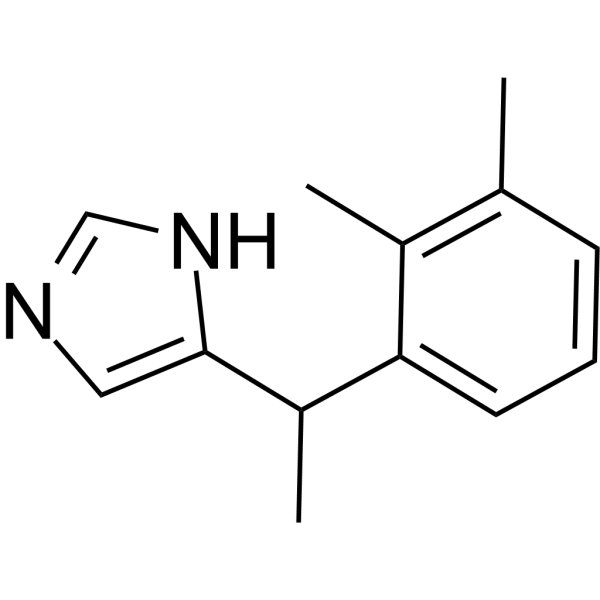
Download Files:
Medetomidine
SKU
HY-17034-10 mg
Category Reference compound
Tags Adrenergic Receptor, GPCR/G Protein;Neuronal Signaling, Neurological Disease; Endocrinology
$60 – $240
Products Details
Product Description
– Medetomidine is an orally active α2-adrenoceptor agonist (Ki: 1.08 nM). Medetomidine has sedative and analgesic effects. Medetomidine can cause peripheral vasoconstriction through the activation of α2 adrenoceptors on blood vessels[1][2][3][4].
Web ID
– HY-17034
Storage Temperature
– -20°C, 3 years; 4°C, 2 years (Powder)
Shipping
– Room Temperature
Applications
– Neuroscience-Neuromodulation
Molecular Formula
– C13H16N2
References
– [1]Russak EM, et al. Impact of Deuterium Substitution on the Pharmacokinetics of Pharmaceuticals. Ann Pharmacother. 2019;53(2):211-216. |[2]Kallio A, et al. Acute effects of medetomidine, a selective alpha 2-adrenoceptor agonist, on anterior pituitary hormone and cortisol secretion in man. Acta Endocrinol (Copenh). 1988 Sep;119(1):11-5. |[3]R Virtanen, et al. Characterization of the selectivity, specificity and potency of medetomidine as an a2-adrenoceptor agonist. |[4]O. B. Ansah, et al. Comparing oral and intramuscular administration of medetomidine in cats. |[5]Kuo WC, et al. Comparative cardiovascular, analgesic, and sedative effects of medetomidine, medetomidine-hydromorphone, and medetomidine-butorphanol in dogs. Am J Vet Res. 2004 Jul;65(7):931-7. |[6]Yakoub LK, et al. Medetomidine protection against diazinon-induced toxicosis in mice. Toxicol Lett. 1997 Sep 19;93(1):1-8. |[7]Jager LP, et al. Effects of atipamezole, detomidine and medetomidine on release of steroid hormones by porcine adrenocortical cells in vitro. Eur J Pharmacol. 1998 Apr 3;346(1):71-6. |[8]Ulrika Lind, et al. Octopamine receptors from the barnacle balanus improvisus are activated by the alpha2-adrenoceptor agonist medetomidine.
CAS Number
– 86347-14-0
Molecular Weight
– 200.28
Compound Purity
– 99.99
SMILES
– CC(C1=CN=CN1)C2=CC=CC(C)=C2C
Clinical Information
– Launched
Research Area
– Neurological Disease; Endocrinology
Solubility
– DMSO : 250 mg/mL (ultrasonic)
Target
– Adrenergic Receptor
Isoform
– α adrenergic receptor
Pathway
– GPCR/G Protein;Neuronal Signaling
Product type
– Reference compound
Disclaimer: All products are for Research use only unless clearly stated otherwise on the product datasheet. Datasheets provided on the website are drafts for reference purpose only and you are requested to always refer to the hard copy included in the kit for your experimentation. Agdia Products are available for delivery only in Canada.
